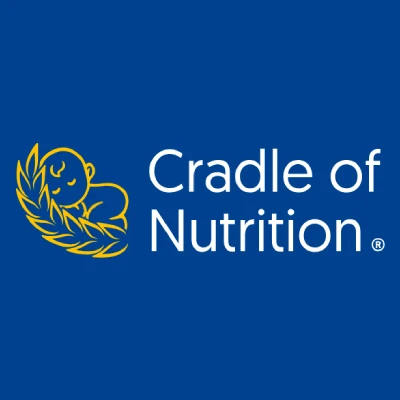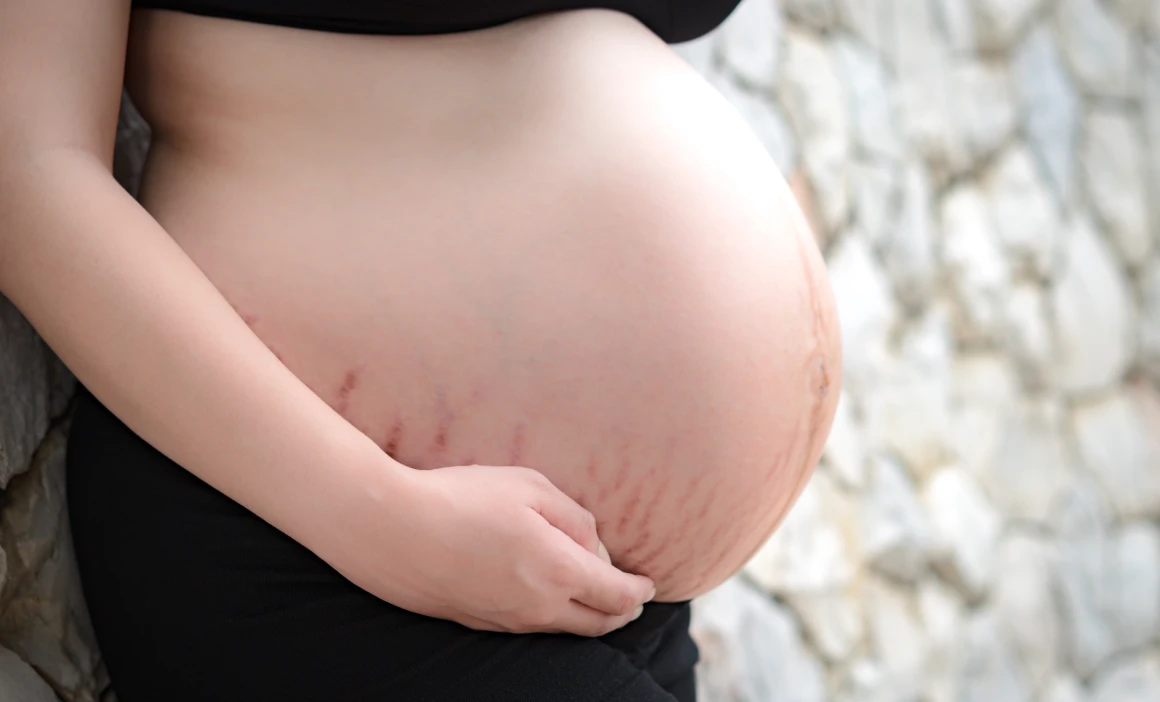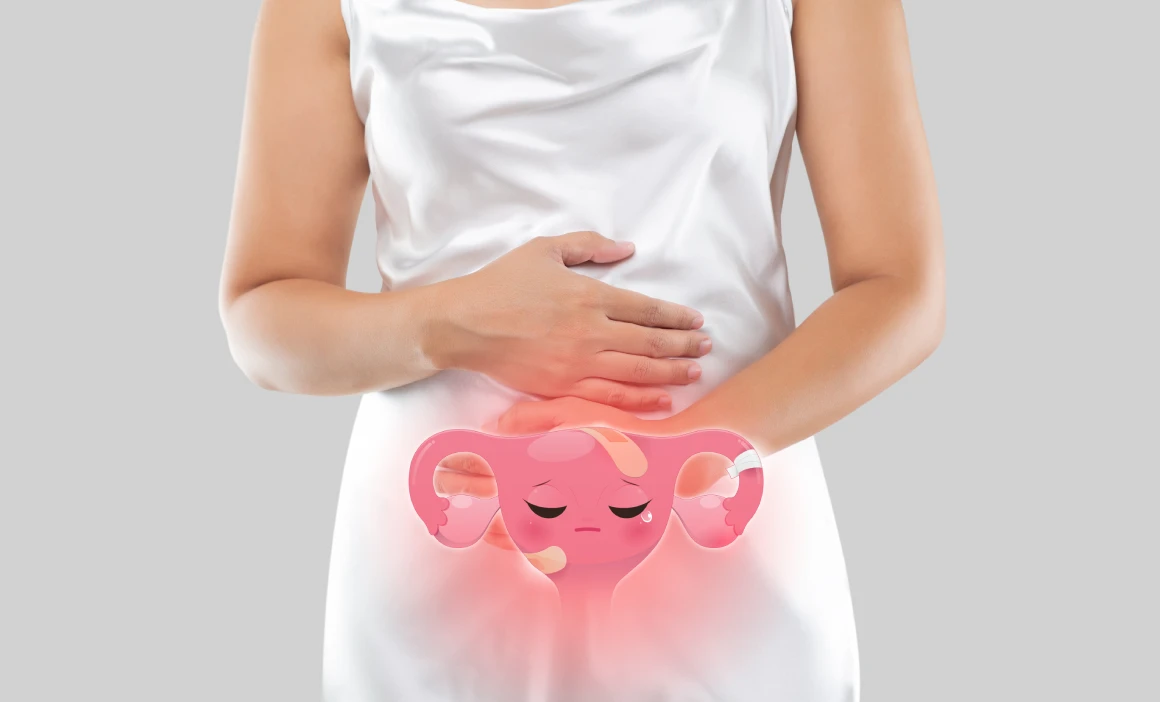
11 Helpful Tips to Manage Morning Sickness During Pregnancy

Cradle of Nutrition
- 5 minutes read
Affiliate Disclosure: Some of the products listed below are affiliate links. Purchasing through them supports this blog at no extra cost to you.
Morning sickness is one of the most common symptoms women experience in early pregnancy. For many expectant mothers, this pregnancy nausea begins in the first trimester and can make daily routines more challenging. While morning sickness may feel overwhelming, there are effective ways to ease the queasiness and stay more comfortable.
According to healthcare professionals, morning sickness is usually a normal part of early pregnancy, though severe cases should always be evaluated by a doctor. From diet adjustments to natural remedies, these tips can help you handle morning sickness while embracing the changes of pregnancy. Curious about other changes your body goes through? Check out our post on how pregnancy transforms the body.
Here are 11 effective ways to manage morning sickness naturally, with practical examples and additional tips for comfort.
1. Eat Small, Frequent Meals to Reduce Morning Sickness
An empty stomach often makes morning sickness worse. Instead of three large meals, aim for smaller, more frequent meals throughout the day. Gentle, easy-to-digest foods like dry toast, crackers, plain rice, or oatmeal can help calm pregnancy nausea.
Additional tips:
- Keep small snacks on hand, like bananas, apple slices, or rice cakes.
- Eat slowly and chew thoroughly to reduce stomach discomfort.
- Avoid skipping breakfast, as it can trigger nausea later in the morning.
2. Stay Hydrated to Ease Pregnancy Nausea
Dehydration can intensify nausea. Sip water, herbal teas, or clear broths throughout the day. If plain water feels unappealing, try adding lemon, mint, or a slice of cucumber for flavor. Some women find sipping small amounts of coconut water or warm herbal teas easier to tolerate.
Many expectant mothers find using a water bottle with measurement markers or an infuser bottle helpful to track hydration and make it a habit.
Extra tip: Try to drink small amounts frequently instead of large gulps at once, which can trigger nausea.
3. Snack on Crackers in the Morning to Prevent Queasiness
Eating a light snack before getting out of bed can prevent early morning queasiness. Keep dry toast, crackers, or rice cakes at your bedside and nibble on them before standing. This simple trick helps stabilize your stomach and provides energy for the day.
Pro tip: Pair crackers with a small amount of protein, like a slice of cheese, if it doesn’t worsen your nausea.
4. Avoid Strong Smells That Trigger Morning Sickness
Pregnancy heightens your sense of smell, and certain odors can trigger nausea. Keep your home well-ventilated, avoid cooking strong-smelling foods, and ask for help preparing meals if needed.
Examples of common triggers:
- Certain cooking smells, like frying bacon or fish
- Strong spices like curry or garlic
- Perfumes or scented cleaning products
5. Use Ginger for Natural Relief from Pregnancy Nausea
Ginger is one of the most trusted natural remedies for pregnancy nausea. Options include:
- Ginger tea (caffeine-free)
- Ginger chews or candies
- Freshly grated ginger added to meals
- Ginger-infused water
Many women find ginger helps reduce queasiness significantly. For a broader approach, explore our full guide on natural remedies to ease morning sickness.
Pro tip: Start with small amounts to see what your stomach tolerates best, and avoid ginger products with added caffeine or alcohol.
6. Rest and Relax to Manage Feeling Sick in Early Pregnancy
Fatigue and stress can worsen nausea. Prioritize rest, take short naps, and practice relaxation techniques like:
- Deep breathing exercises
- Gentle prenatal yoga
- Meditation or mindfulness
- Listening to calming music
A supportive pregnancy pillow can help you maintain a comfortable position for sleep or short naps, especially if lying flat makes nausea worse.
Extra tip: Try to create a calm, low-light environment in your bedroom to encourage rest.
7. Avoid Foods That Worsen Morning Sickness
Certain foods can trigger nausea or make it worse. Spicy, greasy, or acidic foods are common culprits. Instead, opt for bland, soothing foods:
- Bananas
- Rice
- Applesauce
- Toast (BRAT diet)
- Plain oatmeal
Extra tips:
- Eat room-temperature foods if hot foods worsen nausea.
- Avoid foods with strong odors or heavy spices.
- Experiment to find which bland foods your stomach tolerates best.
8. Try Vitamin B6 Supplements for Nausea During Pregnancy
Vitamin B6 has been shown to ease nausea in pregnancy. Many prenatal vitamins already include B6, but consult your healthcare provider before adding extra supplements.
Extra tip: Sometimes combining B6 with other remedies, like small frequent meals and ginger, provides better relief.
9. Stay Upright After Meals to Reduce Pregnancy Queasiness
Lying down immediately after eating can increase acid reflux and worsen nausea. Try to stay upright for at least 30 minutes after meals.
Extra tips:
- Take a gentle walk after eating to aid digestion.
- Use a chair with back support if lying down is tempting.
- Keep your head elevated if you rest, rather than lying flat.
10. Talk to Your Doctor About Safe Morning Sickness Medication
If nausea is severe and you struggle to keep food or fluids down, consult your doctor. In some cases, safe, pregnancy-approved anti-nausea medications may be prescribed.
Extra info: Your doctor can also rule out hyperemesis gravidarum, a more serious form of morning sickness, which requires special care.
11. Try Acupressure or Wrist Bands for Pregnancy Nausea Relief
Acupressure wristbands, often used for motion sickness, can also help with pregnancy nausea. These bands press on the P6 point on your inner wrist, which may help reduce morning sickness naturally.
Pro tip: Wear the bands consistently, especially during times you notice nausea is worse, such as morning or after meals.
Frequently Asked Questions About Morning Sickness
Q1: Can morning sickness occur all day or only in the morning?
While it’s called “morning sickness,” nausea can occur at any time of day. Some women experience it mostly in the morning, others throughout the day, or even at night.
Q2: Why do I feel nausea at night?
Evening or nighttime nausea is common and may be triggered by hormonal changes, an empty stomach, or acid reflux. Eating a light snack before bed and staying slightly upright while resting can help.
Q3: Is it normal to vomit during morning sickness?
Mild vomiting can be common. If vomiting is severe, frequent, or prevents you from keeping fluids down, consult your healthcare provider.
Q4: Can exercise help reduce morning sickness?
Light exercise, like walking or prenatal yoga, can improve circulation and digestion, which may help reduce nausea. Always listen to your body and avoid intense workouts.
Q5: Are there foods that should be avoided completely?
Spicy, greasy, and acidic foods often trigger nausea. Also, very strong-smelling foods can worsen symptoms. Keep a food diary to identify your personal triggers.
Q6: Can morning sickness harm my baby?
Mild to moderate morning sickness is generally safe. Severe cases (hyperemesis gravidarum) require medical attention, but most babies are unaffected.
Q7: How long does morning sickness usually last?
Most women experience it during the first trimester, roughly weeks 6–12. Some may have symptoms for longer. If nausea persists beyond the first trimester, discuss it with your doctor.
Q8: Are there natural remedies that really work?
Ginger, small frequent meals, hydration, acupressure wristbands, and avoiding triggers have all been shown to help reduce nausea. Always consult your healthcare provider before trying new remedies.
Final Thoughts on Managing Morning Sickness
Morning sickness may be a common part of early pregnancy, but it doesn’t have to take over your experience. By eating smaller meals, staying hydrated, trying natural remedies like ginger, prioritizing rest, and using comfort products, you can manage pregnancy nausea more effectively.
Remember—every pregnancy is unique, so not every strategy will work for everyone. If your morning sickness is persistent or severe, speak with your healthcare provider for guidance. For a broader view of what’s happening to your body, read our article on how pregnancy transforms the body.
By Erika Barabás






